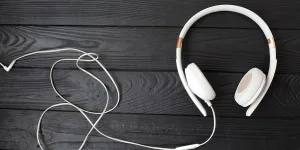Water well pumps are the lifeblood of any well system and the very thing that ensures the water you use at home or on the road is delivered and accessible. It can be tempting to look at a pump and think it’s a big metal box but, just like any complex system, every metal housing is home to sophisticated components that help you get the most out of the water you use each day. This article aims to help demystify those pumps so you can understand the aspects that matter most to you as a user.
Table of Contents:
1. Understanding water well pump types
2. Key features to look for in a water well pump
3. Maintenance tips for long-lasting performance
4. Troubleshooting common water well pump issues
5. How to choose the right water well pump for your needs
Understanding water well pump types
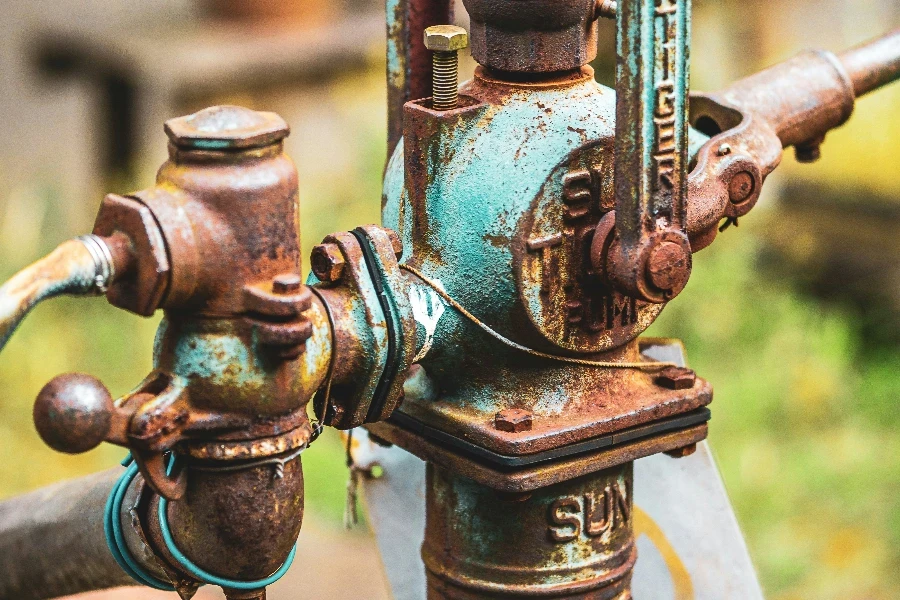
Water well pumps are produced with various types of design and can be easily fitted to depths and the quantity of water you want to get. Mainly, the types use a submersible pump which is operated right in the well and an air pump which is placed above ground. These are the major differences between the pumps.
Submersible pumps are more energy efficient, and can lift higher, because there’s no power wasted on overcoming atmospheric pressure: the weight of the water actually assists it in rising through the pipes. Jet pumps are easier to maintain, and may be used for shallow wells, but may not be as energy efficient for higher wells.
A submersible is a better choice than a jet pump if your well is very deep or you need large amounts of water. This is important because you want your pump to work but you don’t want to overwork it and strain your system.
Key features to look for in a water well pump
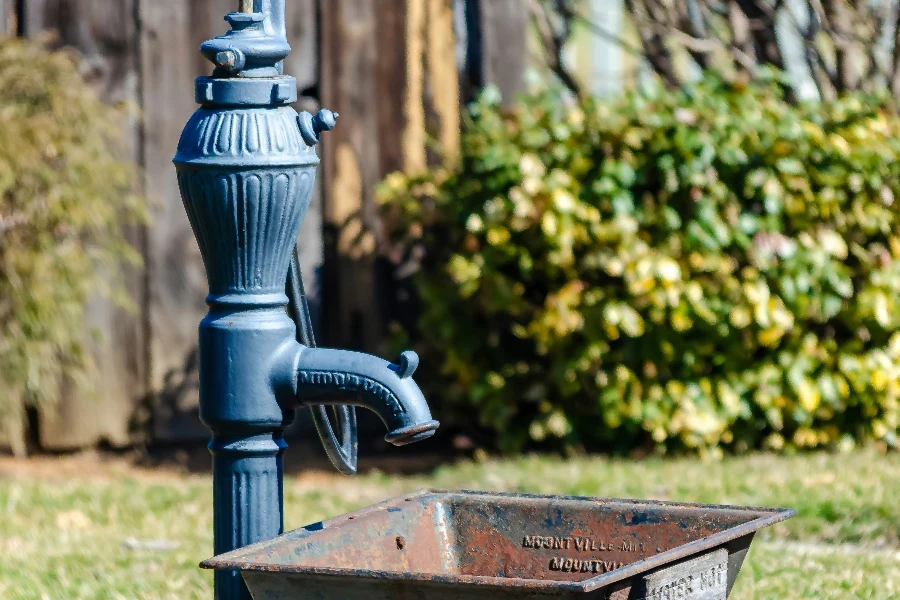
You should take notice of several important characteristics before you plunge into selecting a water well pump.
The first of all characteristics is the pump’s capacity measured in gallons a minute (GPM). The required .pump’s capacity should correspond to your water needs so that the water in an insufficient amount (pressure) and other inconveniences won’t bother you.
Secondly, the material content, and design of the pump is critical especially if it’s likely to operate in a corrosive chemical environment. Stainless steel or thermoplastic materials are often ideal in this regard as far as longevity and resistance to corrosion are concerned. The third factor is the source of power and the energy efficiency of the pump, both of which are of utmost importance if you are to keep the costs for your operations to a minimum by opting for energy-efficient models.
Considering these features from your point of view – that is, what you need and are capable of – will help you find a pump for a water well that’s reliable, economical, and effective.
Maintenance tips for long-lasting performance
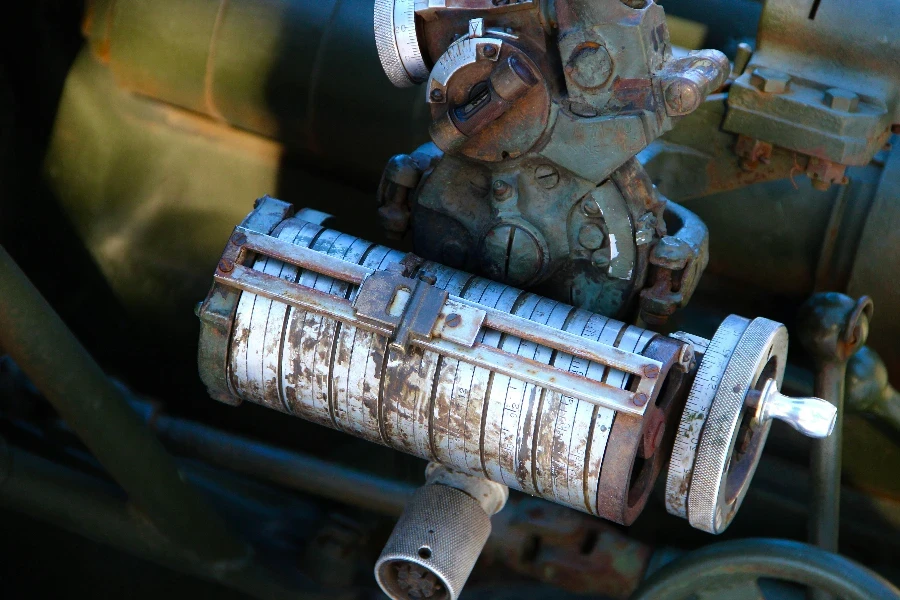
Periodically inspecting your pump and making any necessary adjustments is key to ensuring your water well pump keeps on for years to come. Among the most common things to monitor in your well is the pump.Issues such as low water pressure and strange noises could be early signs of wear and tear, so keeping your ears and eyes open is key to halt any potential issues early on. Likewise, a professional inspection every couple of years can also help to detect any underlying problems before they become too big to handle.
You should also keep the area around your well and pump clear of debris, which prevents contaminants from entering your water supply and minimises the chances of mechanical blockage.
If you maintain a regular schedule of servicing and repair, you can prolong the longevity of your water well pump and continue to enjoy a constant supply of clean water.
Troubleshooting common water well pump issues
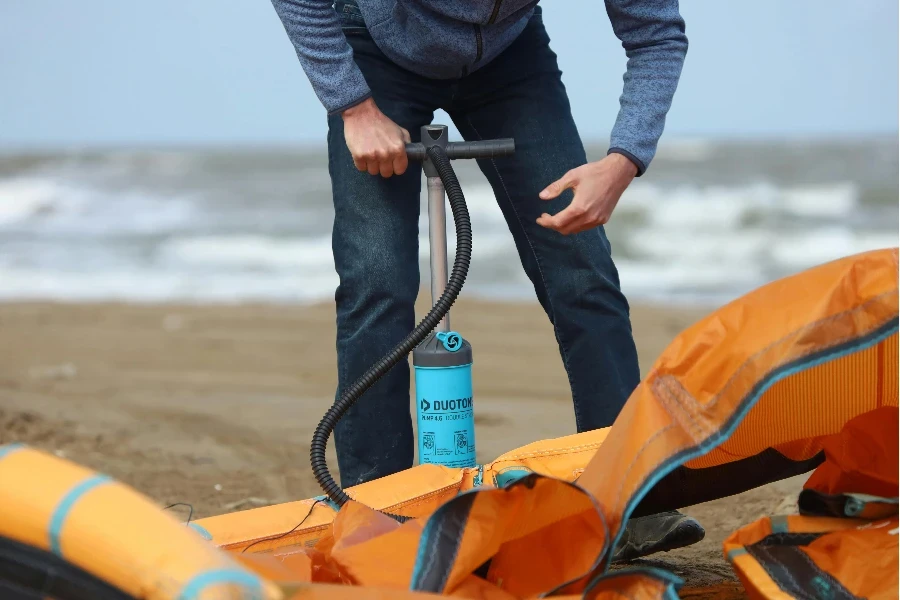
If you are having problems with your water well pump, it can be frustrating. But many problems have easy solutions. One common problem is low water pressure. If you have low water pressure there could be a few reasons. You could have a clogged filter or a problem with your pressure tank. Sometime if you have low water pressure, it is as simple as just checking and cleaning your filter. Also, making sure your pressure tank is not worn could help prevent this problem.
Electrical problems due to a tripped circuit breaker or faulty wiring can also put your pump out of commission. To keep your water flowing, make sure your electrical system is in good shape and address any problems before they impact your ability to use the water.
The more you know about them and the ways to correct them, the quicker and more efficiently you can solve any problems that may arise with your water well pump and get you back to your water flow.
How to choose the right water well pump for your needs
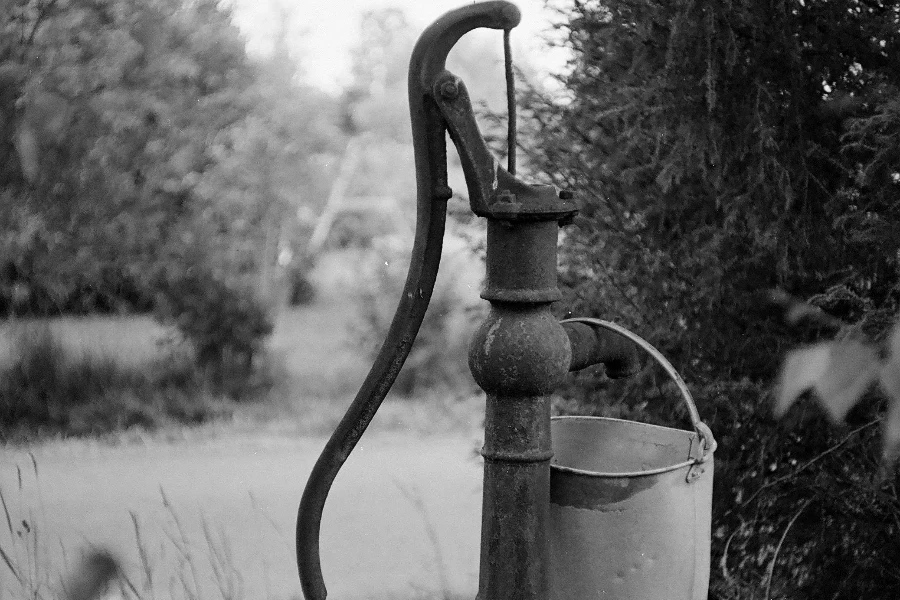
When you’re shopping for the right water well pump, your needs will be determined by how deep your well is, the amount of water you use, and what features are important to you. For wells that are 25-feet or deeper, a submersible pump is likely your most efficient option. On the other hand, a jet pump could be better for shallow wells. Of course, you’ll need to evaluate what your water usage demands are in order to determine how much capacity you need, so that your pump is up for the task without pushing it beyond its limits.
Also, information on the pump’s material, its energy efficiency and the degree of maintenance needed will allow you to choose the best model with the optimal balance of performance, durability and affordability. You may want to seek professional advice as it takes into account your particular circumstances.
Conclusion
Without water well pumps, gasoline, diesel, or residential water could not be consistently clean and readily accessible. It will be much easier for you to get the best from your water system, whether it is for household use or your vehicle, if you know the kinds of pumps, key features, and maintenance tips and how to troubleshoot them. In addition, choosing the right type of water well pump is the first step in having a steady supply of clean water, so that your life is not cut short by limited access to a lifestyle-sustaining resource.
